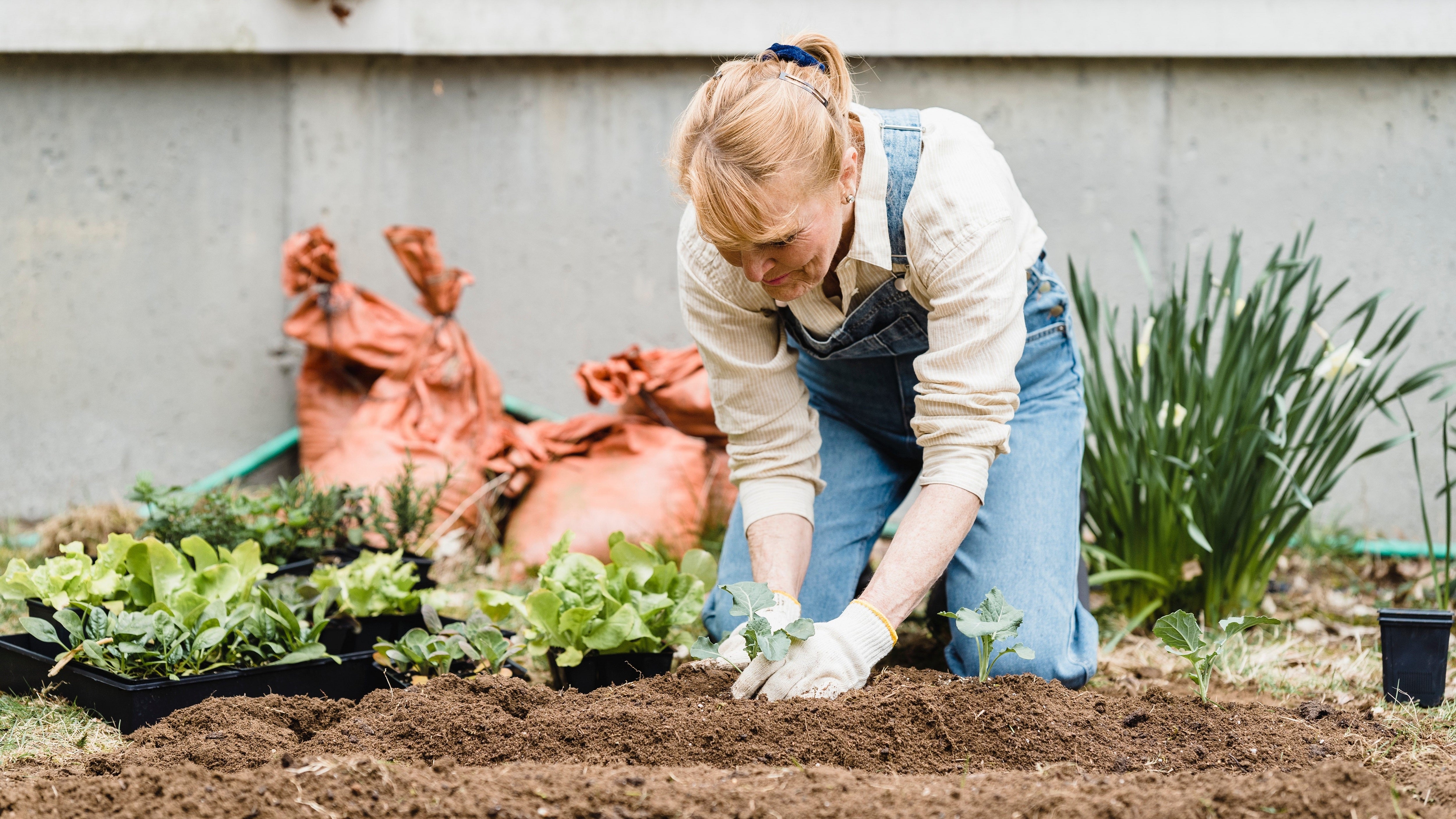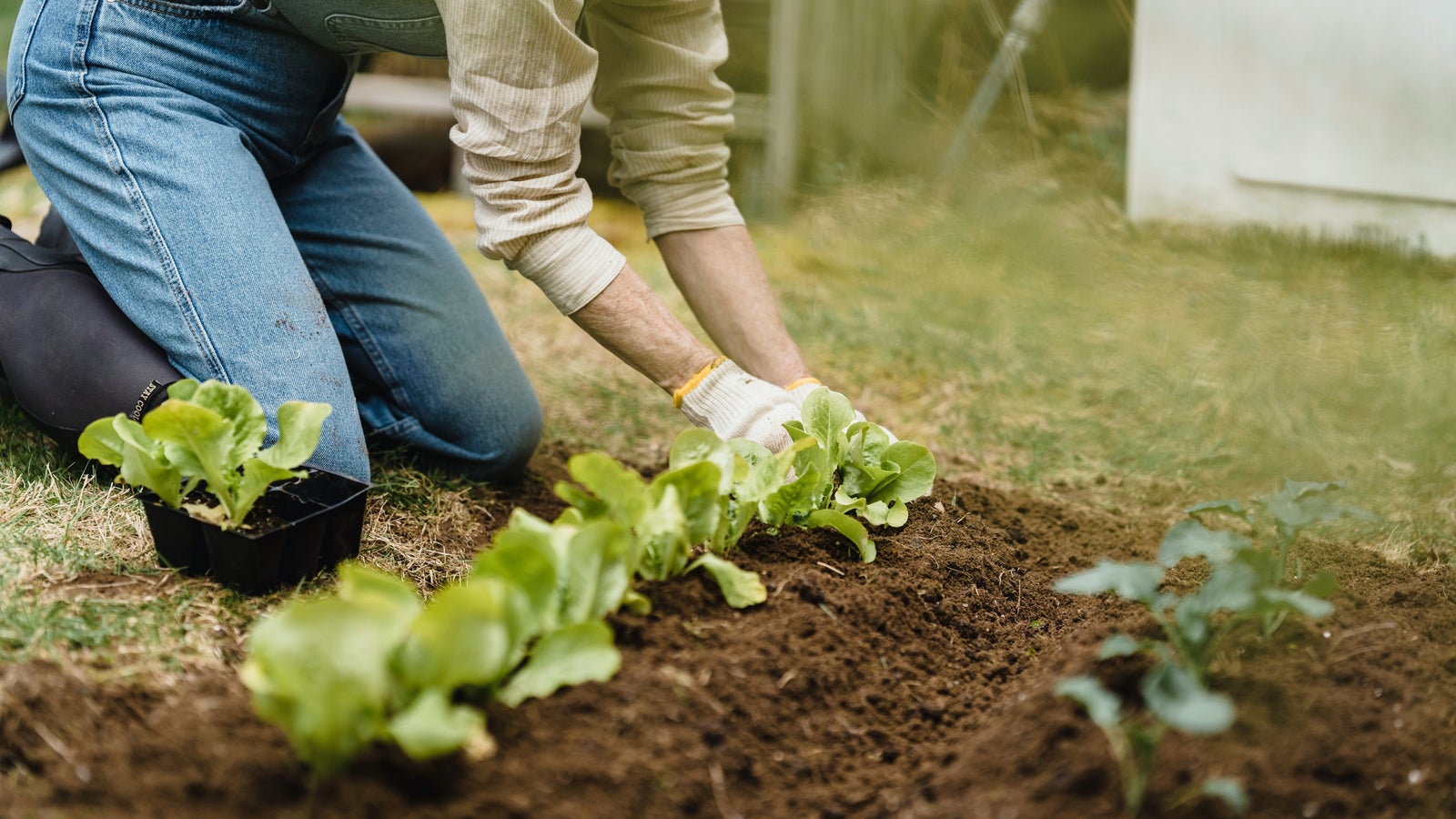
Navigating the Cost of Eating
19 Jul, 2023
Pick Your Times
Stagger your planting to spread out your harvest. We would recommend having a two-week gap between plantings to ensure you have a constant supply of fresh veggies throughout the season.
Find The Right Spot
Your veggie garden will need at least six hours of sunlight everyday, so pick a spot that gets plenty of sun. Ensure that your bed has good drainage, so avoid places where water might pool on your property.
Choose Your Veggies
Brassicas are perfect for growing in winter as they thrive in cooler temperatures with less pests. Try growing cabbage, cauliflower, broccoli, kale and Brussels sprouts from seedling form.
Prepare The Soil
Make sure your soil is rich in nutrients by adding plenty of organic matter, such as compost and sheep pellets. Lightly fork in some Kings Blood and Bone to provide your soil with an extra boost.
Stay Mindful Of Watering
While plants may require less water during winter, dry winter air can cause the soil to dry out faster than you might expect. Aim for deep watering sessions less often rather than overly-frequent shallow ones.
Veggie Care
Check your veggies often to make sure your plants get enough water and are free from pests and diseases. Regular weeding will also help your veggies thrive.
Start Seeds Indoors
Get a head start on the growing season by starting your seeds indoors. Invest in some seed trays, potting soil, and space on a sunny windowsill - use artificial grow lights if natural light is limited.
